Welcome
I started this blog in 2013 to share my reflections on reading, writing and psychology, along with my journey to become a published novelist. I soon graduated to about twenty book reviews a month and a weekly 99-word story. Ten years later, I've transferred my writing / publication updates to my new website but will continue here with occasional reviews and flash fiction pieces, and maybe the odd personal post.
|
My final two reviews of 2022 are tenuously linked by being set in closed communities in which unempathic people hold vulnerable creatures in their power. I refer to creatures less because the staff of the nightmare care home in the first novel don’t seem to regard their charges as human and more because the inmates of the second – where the compassion of the lowliest employee almost compensates for the attitude of her senior colleagues – are dolphins.
8 Comments
Black, Queer and marginalised: Didn’t Nobody Give a Shit What Happened to Carlotta & Crosshairs12/12/2022 Two novels about the shit that can happen when you’re Black and gender nonconforming that also acknowledge the joy of living true to oneself.
These two novels are about the consequences of untimely deaths on those left behind. The first is set during the First World War when a grieving soldier is set to work making masks to hide the horrific facial injuries of those wounded in the trenches. The second is about two orphaned sisters and an anthropologist with unconventional ideas about mourning rituals.
Let me tell you about these four novels featuring older women looking back at their lives, and forward, some with dread, to what’s left of it. The first is a translated novel set in Belarus. The second and fourth are set in care homes around the middle of the twentieth century. The third is a contemporary novel set in a London hospital with flashbacks to a glittery Alexandria. All illustrate the vulnerability of old age, but also the strength and spirit of the central characters.
The young protagonists of these two novels are worlds apart in time, geography and social class and expectations. The first is a Hungarian translation about a girl sent to an elite boarding school during the Second World War; the second is a fantasy about a street kid trying to rise above his physical and social disadvantages. Both feature endearing teenagers grappling courageously with injustice and, in the process, learning about themselves.
Both these novels feature characters who are challenged and/or challenge others with their different-from-average minds. In the first, it’s a young man with Down’s syndrome, viewed from the perspective of his loving father. In the second, it’s a young woman, latterly diagnosed with schizophrenia, who inadvertently time travels to Elizabethan England. If that doesn’t sound like your kind of book, do give me the chance to persuade you otherwise!
Two novels from continental America inspired – if that’s not too optimistic a term for the subject matter – by the authors’ own challenging childhoods with parents who weren’t up to the job. Both girls had a brother, a partially-absent father, a determined mother and grandmother with whom she didn’t see eye to eye. Both learnt early about gender discrimination; both lived in relatively comfortable households on the fringes of marginalised communities (with Native Americans as neighbours in the first novel, set in Dakota, and refugees from repressive South American regimes in the second, set in Mexico). Some say a difficult childhood is the ideal apprenticeship for a writer. Read on, and see what you think!
Two novels about girls in the painful process of growing up. For Australian Justine, in the first novel, adolescence merely exacerbates a lifetime of neglect; for Irish Lani, in the second, it’s the begins of psychological separation from her family as she falls for a local boy.
Two novels about eighteen-year-old women who abandon the advantages of their previous identities to make common cause with oppressed peoples, at great risk to themselves. In the first, set in 2000, Aden travels from a secular society in California to study Islam, and to join the jihad. In the second, set in 1944, Luce leaves her bourgeois family in Italy to experience first-hand the Nazi labour camps. Are these rebellious adolescents idealists or deluded, or a little of both?
Would you rather lose the use of your body or lose your mind? Both so dreadful to contemplate; perhaps it’s just as well we don’t get to choose. And neither need we choose in fiction: both these novels about brain degeneration are worth your time. In the first, a concert pianist’s encroaching paralysis due to motor neurone disease is mirrored by the psychological immobility of his ex-wife. In the second, the reader can gradually make sense of the obsessions of a woman with senile dementia through the memories of her family and carers. Painful topics but, for those who need it, these novels provide a note of lightness too.
An epic story of cultural change in Uganda and a novella set in an idyllic English community, these debuts have little in common apart from the strange affliction and that I’m happy to recommend them both. In the first, multiple branches of an extended family at the beginning of the twenty-first century are affected by a curse on their ancestor 250 years before. In the second, James probably feels cursed when he wakes up one morning to find he can’t move half his face.
Apologies for the less-than-inspiring title – and anyway, aren’t all novels about how lives intersect? – but I’m pulling this post together in a bit of a rush to move a backlog of reviews before the end of the year. Each of these novels is by an established writer who isn’t dependent on my short-out whose previous novel I reviewed very positively here, both Laird Hunt’s and Maggie O’Farrell’s eliciting instructions-for-a-novel posts. Their new novels are listed in ascending order of number of point of view characters. (Of course!)
Life’s a game of snakes and ladders; we all have our ups and downs. But some people’s snakes are much longer than some other people’s ladders, and some so unlucky on the roll of the dice it’s like they’ve landed in a slithery nest of snakes. If fear or despair hasn’t shut down their emotions, these people are angry, understandably so. And that’s my tenuous link between these novels: the first about a young woman’s sudden blindness and the second about the victims of paedophile priests.
Okay, perhaps not the most elegant title to sum up the common thread between these three debut novels from small and innovative independent publishers. But they’re all, in very different ways, about life with a brain or mind that functions a little differently from average. In the first, we meet an elderly voice hearer on a mission to bring hope to his granddaughter. In the second, a retired teacher with dementia is convinced a former pupil can save him from the persecutory antics of his deceased father. The third takes the reader even further into the realms of fantasy as a teenager with unexplained blackouts is drawn into a world she thought existed only in her dreams.
The digital revolution has massively changed the way we listen to music, yet vinyl has been revitalised in some quarters in recent years. Perhaps it’s no surprise that contemporary novelists should review their record collections in search of new ways of exploring the human condition. But two published within three months of each other? That’s quite a coincidence. Read on to see how these established British authors have addressed the topic in very different ways.
Let’s take a look at a couple of debut novels with some fine evocations of the natural world and a strong sense of place published by small independent presses based in Scotland.
I’ve enjoyed these two novels about how we manage the end of life, the first through old age and the second through assisted dying. Mortality gets us all sooner or later; what better way to face it than with a novelist holding our hands?
|
entertaining fiction about identity, mental health and social justice
Annecdotal is where real life brushes up against the fictional.
Annecdotist is the blogging persona of Anne Goodwin:
reader, writer, slug-slayer, tramper of moors, recovering psychologist, struggling soprano, author of three fiction books. LATEST POSTS HERE
I don't post to a schedule, but average around ten reviews a month (see here for an alphabetical list), some linked to a weekly flash fiction, plus posts on my WIPs and published books. Your comments are welcome any time any where. Get new posts direct to your inbox ...
or click here …
Popular posts
Categories/Tags
All
Archives
March 2024
BLOGGING COMMUNITIES
|
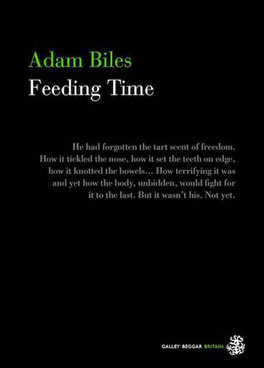
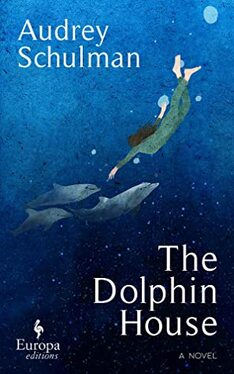
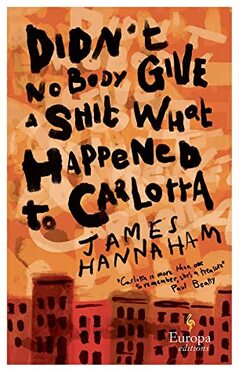
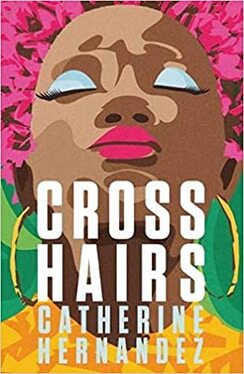
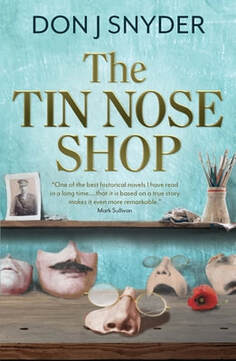
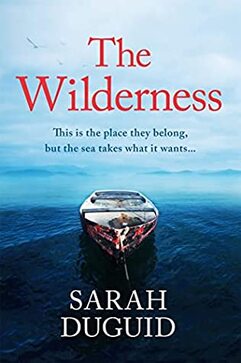
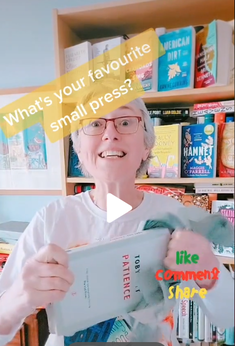

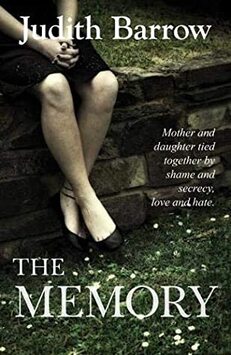
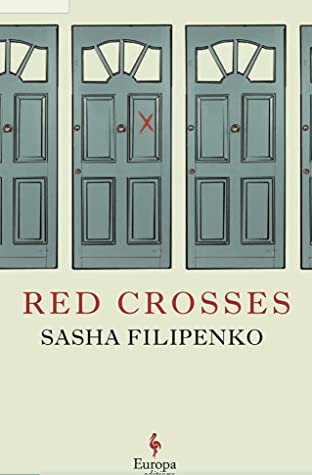
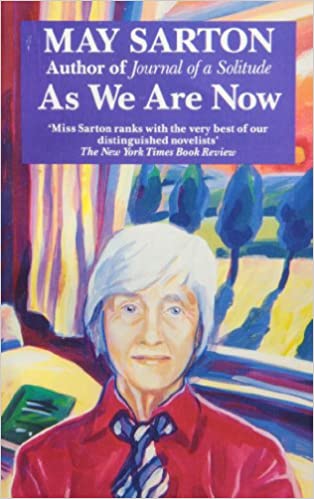
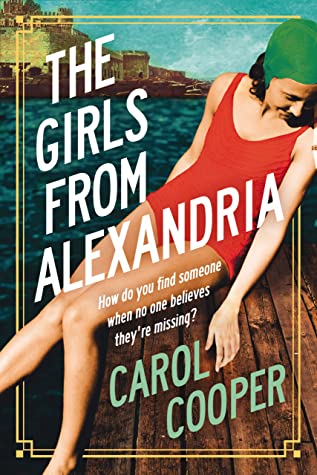
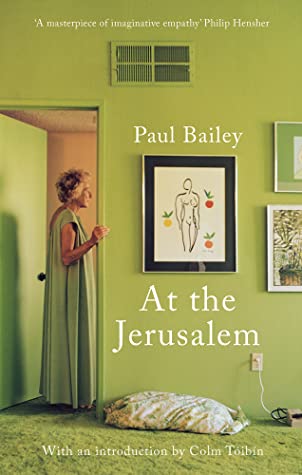
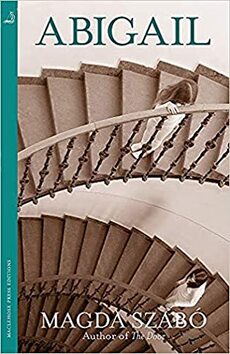
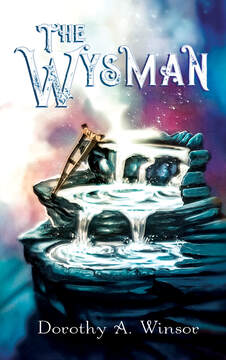
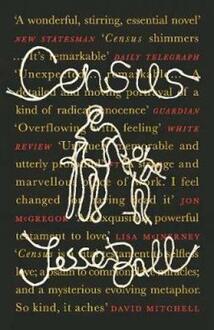
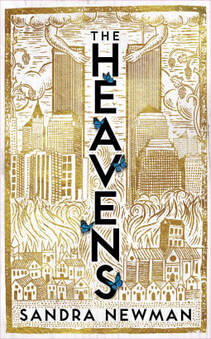
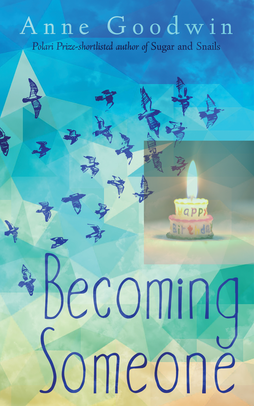
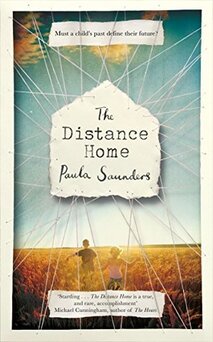
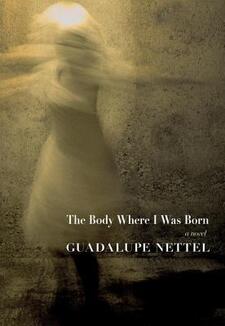
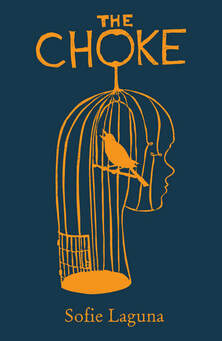
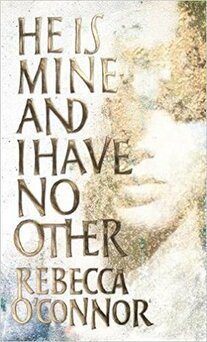
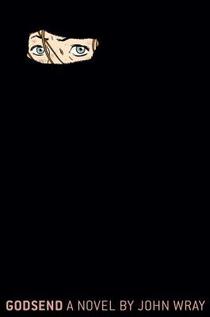
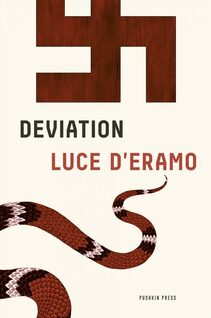
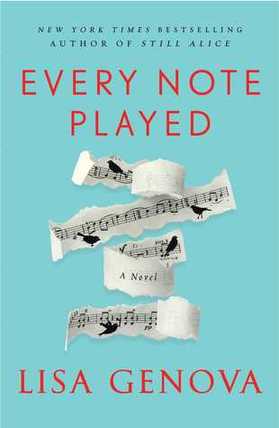
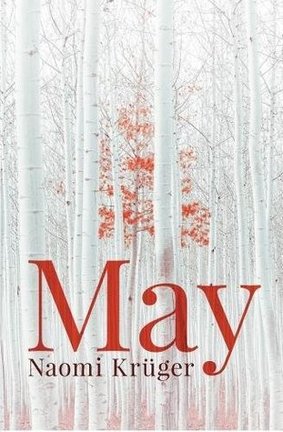
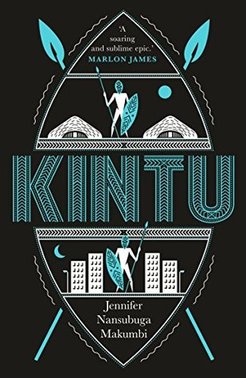
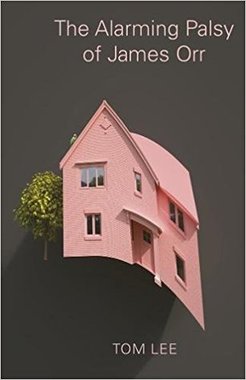
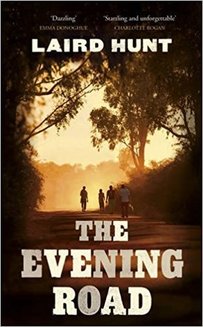
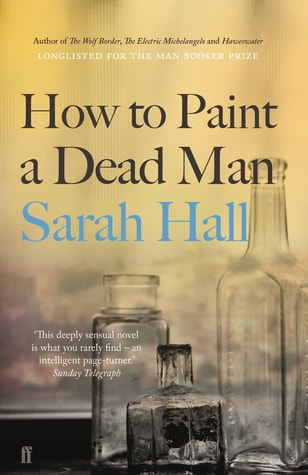
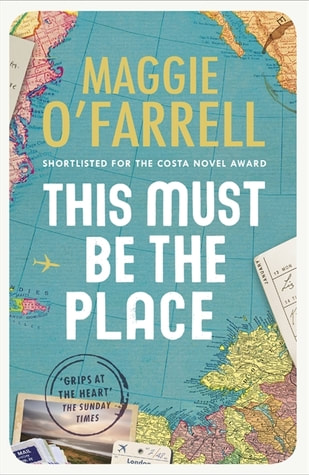
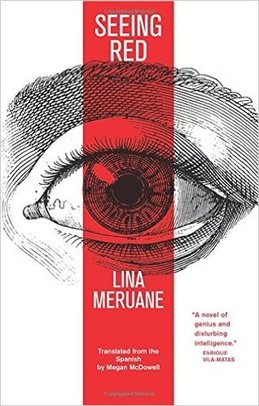
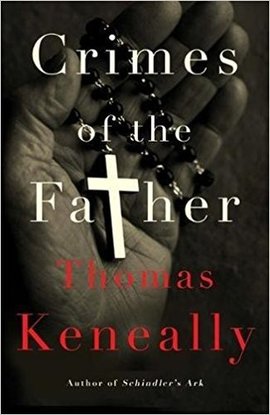
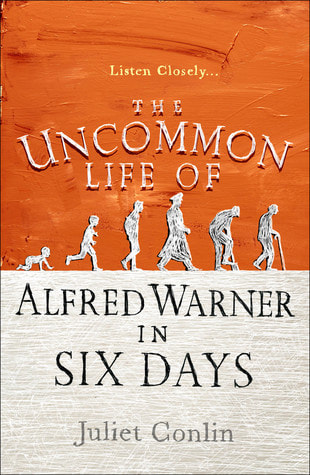
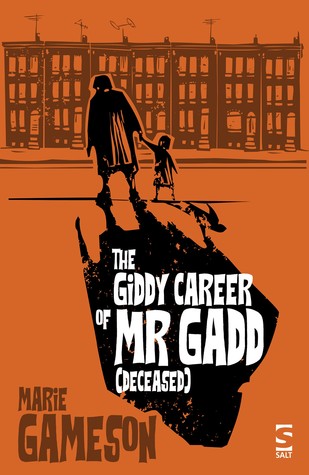
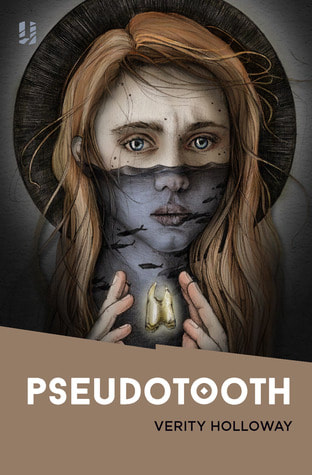
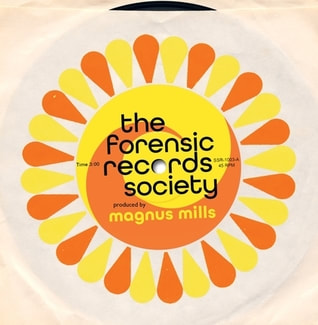
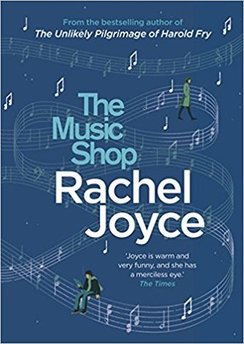
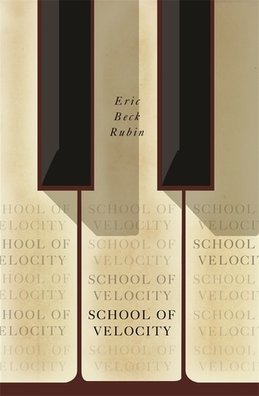
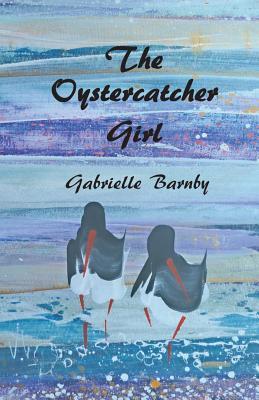
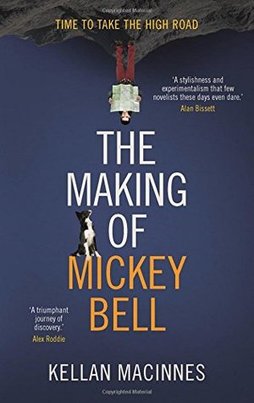
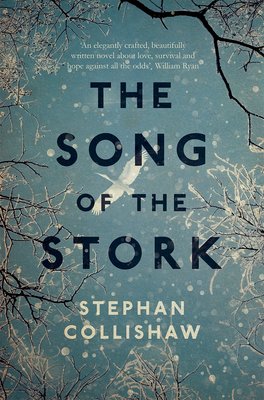
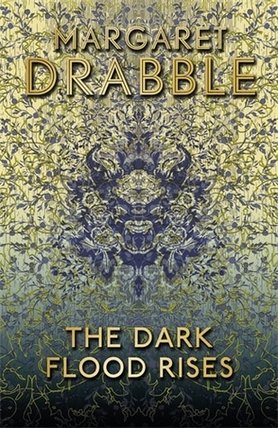
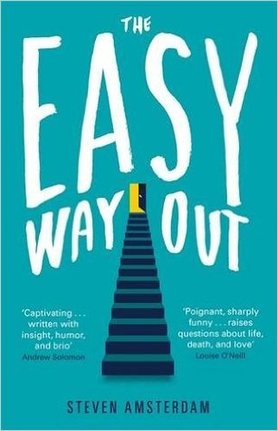
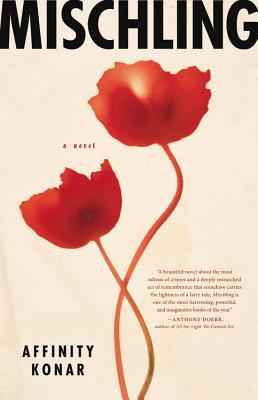
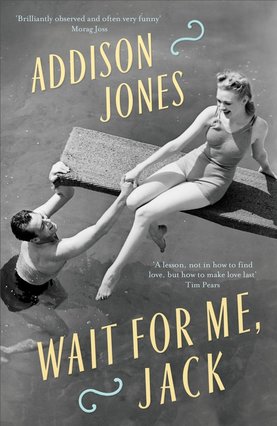





















 RSS Feed
RSS Feed





















